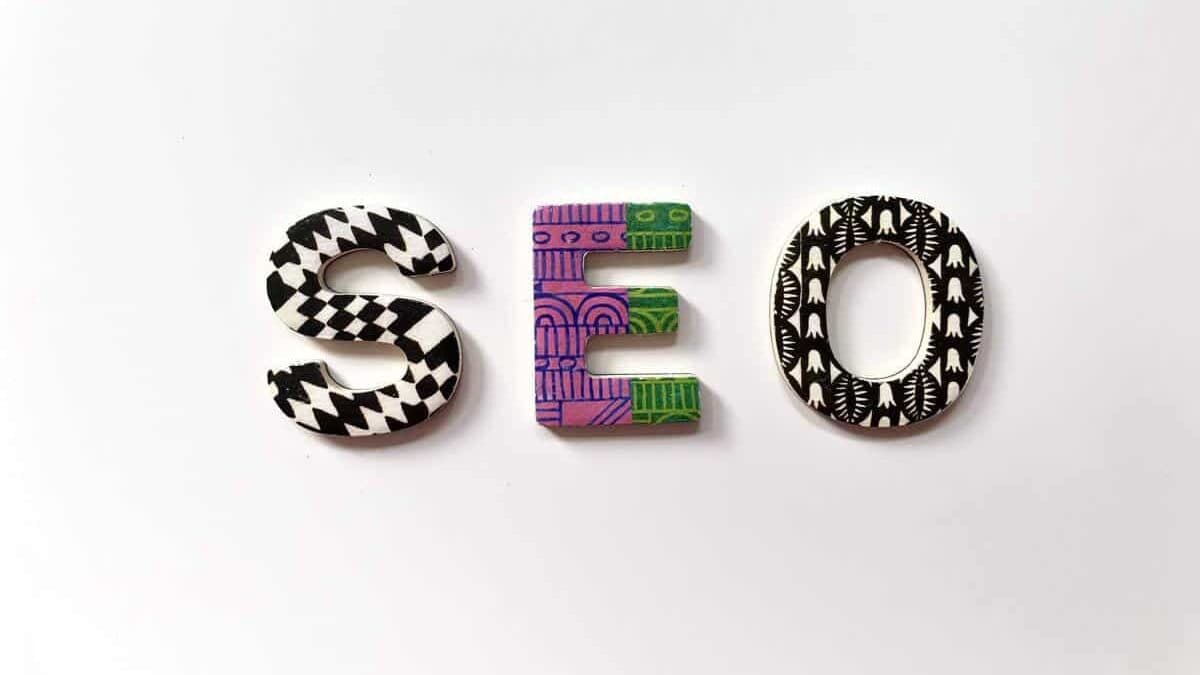SEO cowboys are rife, and they’re invading Australian businesses left, right, and centre.
We hear time and time again and again that businesses are paying for search engine optimisation, but can’t measure the value of what they are getting for their money.
Complaints from small businesses about SEO experts and web developers are among the highest to ombudsmen’s help desks, and if action isn’t taken, the issue looks set to continue.
Some cowboys might invade via an Instagram DM promising to quadruple your website’s traffic in two weeks’ time. Some come via an unsolicited email from someone who has performed a free analysis of your website’s SEO performance and assures you that if you work with them they will get your website onto the first page of Google.
More often than not, the messages are disingenuous, and these so-called experts will scam you out of your time and money. The good news is that avoiding SEO cowboys is relatively easy, once you know what to look for.
Red flags to watch out for:
The cold email or message
Did you know that sending an unsolicited email is actually illegal in Australia according to the 2003 Spam Act? If you have never interacted with a business or individual before and they start sending you promotional emails out of the blue, you should first mark the email as spam or junk and then delete it.
Watch out for telltale signs, including having a lot of spelling or grammar mistakes, or if the message comes from a generic email domain, for example, a Gmail or Hotmail account. Believe it or not, spelling mistakes are sometimes used on purpose to get around your spam filter.
Offering results seem too good to be true
If they’re guaranteeing a spot on the first page of Google, don’t trust them: even genuine SEO agencies accept that getting onto the first page isn’t always possible organically, especially for keywords with high competition.
If the agency passes these initial red flags, take a look at its portfolio. If they don’t have one, then that’s a major red flag. Even if they do have one, be wary if their portfolio features clients that are dramatically different to yours, or if all their work looks the same. This suggests they work only according to their own style and will not adjust to meet the needs of individual clients like you.
The same can be said for agencies who make little to no effort to get to know your business, your customers, your audience and the purpose of the project. If they’re treating your business like a copy and paste job, there’s little chance of them achieving real results.
The green flags
Now we’ve tackled the red flags, let’s focus on the green flags – the positive indicators that an agency is actively trustworthy.
They have positive online reviews from a range of sources
If they have a high rating and great feedback from past clients – especially if those clients are well known and/or work in a similar industry to you – you may be on to a winner.
They are organised and good at communicating their SEO strategy, research, goals, and next steps
Your chosen agency should not speak in tech jargon that you or your team may not understand and they should respond quickly to emails, return phone calls promptly and clearly communicate the terms, scope and schedule of the project they are pitching to work on with you.
The timeline they suggest for the project seems reasonable
Rome wasn’t built in a day and neither is a great search optimised website. The project timeline should factor in all the different phases of the project which, depending on what the project is, may include a research phase, content development, a specified number of revisions and the final handover date.
You and your team ‘gel’ with the agency
You want to have a positive working relationship with any specialists you hire to create something on behalf of your business. You should always feel confident that they genuinely have your best interests at heart and feel empowered to communicate your vision openly with them.
If the person you find ticks all of these boxes, you will still need to ask them some qualifying questions before you sign any contracts or send them your first deposit.
You should be clear on what’s included in the cost when they will get started when you will receive the final product, who’s responsible for what, what you’ll be getting at the end of the process, and what happens if it doesn’t work out.
Keep up to date with our stories on LinkedIn, Twitter, Facebook and Instagram.

